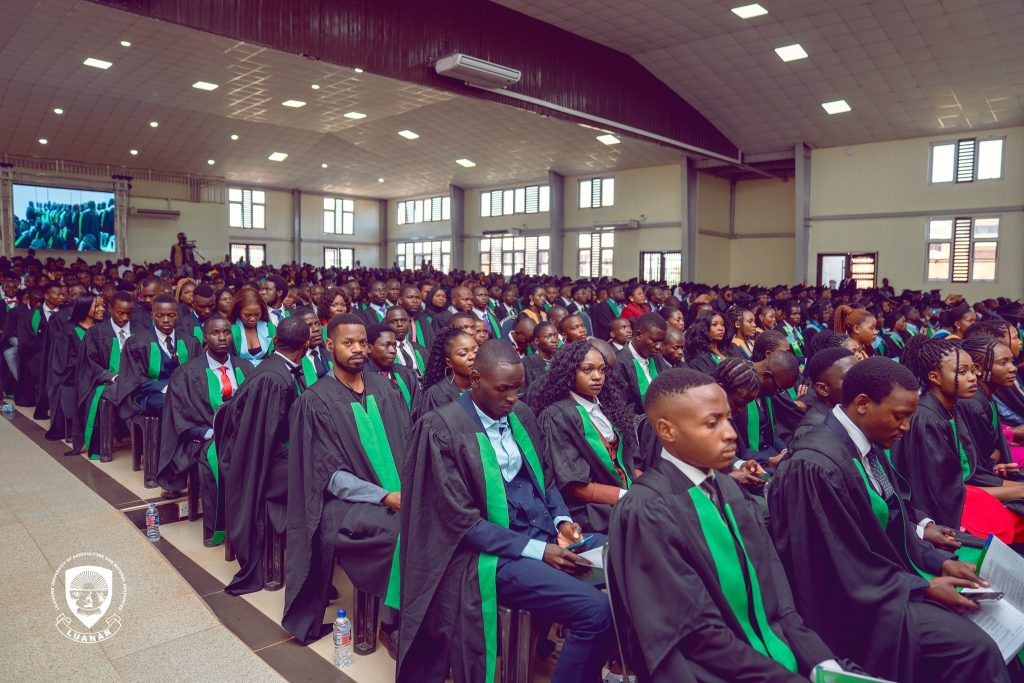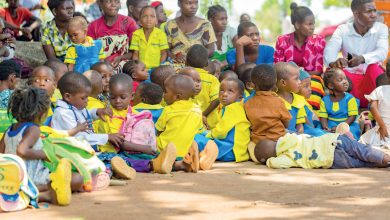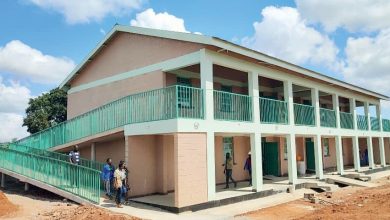Equalising access to quality learning
Dorothy Luwe has been teaching for nearly 13 years. Although her students enjoyed her lessons and performed well, she felt inadequate without a teaching qualification.
Equipped with a bachelor of science degree in forestry from Mzuzu University, Luwe is among few women teachers in the science, technology, engineering and mathematics (Stem) albeit without a university certificate in education.

On July 18 this year, she was among 43 teachers who obtained the desired certificate from the Lilongwe University of Agriculture and Natural Resources after a six-month training sponsored by the Equity with Quality and Learning at Secondary (Equals) project.
She sounds enthusiastic about her new qualification.
“Without this professional certificate, I felt like I was not fully equipped as an educator. But with this UCE, I will teach with confidence and impart knowledge to my fullest,” she says.
Dr Mathews Mkandawire, Equals project coordinator at Luanar, says the initiative is helping to close a common gap in the country’s education system which welcomes graduates from various fields as teachers though they lack basic teaching skills and knowledge.
He observed that many teachers, especially in rural community day secondary schools (CDSSs), lacked formal qualifications.
Mkandawire said this affects teaching and learning, especially in Stem subjects.
He said: “We have added about 43 professional teachers who will help in the teaching of science subjects in remote areas.”
In 2022, Luanar set out to train 172 science and mathematics teachers.
So far, 155 teachers, representing 90 percent, have been enrolled for the UCE programme.
The University of Malawi enrolled 48 in its first cohort, but six are yet to graduate.
Mzuni is set to graduate 29 in August.
Under the project, 5 490 teachers of science and mathematics have been reoriented to the curriculum.
Innocent Mkandawire, a science teacher from Nyungwe CDSS in Karonga, said the reorientation he underwent has helped him become a better teacher.
He says: “In the past, I concentrated more on teacher-centred teaching methods, but since undergoing this project, my lessons are now learner-centred, which makes lessons more interesting, relevant, and engaging for both teachers and learners.”
Mkandawire says the training has also awakened him to the effective use of continuous assessments as part of the project’s impact.
“In the past, I wasn’t using continuous assessment methods to check the progress of students and their unique needs. Now I use them effectively to identify and address the learners’ needs,” he said.
To ensure sustainability, the project is also training 1 432 headteachers and their deputies in school management and instructional leadership.
Malawi Secondary School Headteachers Association (Massha) president Steven Kungala says the trainings and peer-to-peer learning have boosted the confidence and know-how of headteachers and their deputies in managing schools.
“In my school, I have seen notable positive influence on student achievements, reduced cases of indiscipline, increased teacher collaboration and a shared focus on student teaching and learning outcomes,” he states.
Minister of Education Madalitso Wirima Kambauwa hails the Equals Project for enhancing the quality of teaching and learning.
She underscored the importance of qualified teachers in the development of human capital needed to achieve the Malawi 2063 vision to turn the country into a middle-income, self-reliant economy.
“We cannot speak of education, we cannot speak of learning if we do not have a teacher at the centre,” she said.
The Government of Malawi launched the $90 million Equals Project in 2019 with support from the World Bank.
The six-year initiative seeks to support at least 800 under-qualified mathematics and science teachers in CDSSs to enhance the quality of education and expand access to secondary schooling.
The support includes construction of various facilities in 103 rural schools across 13 districts. The facilities include 88 twin science laboratories, 65 classroom blocks, 105 toilets and 45 information and Communications technology centres and libraries.





